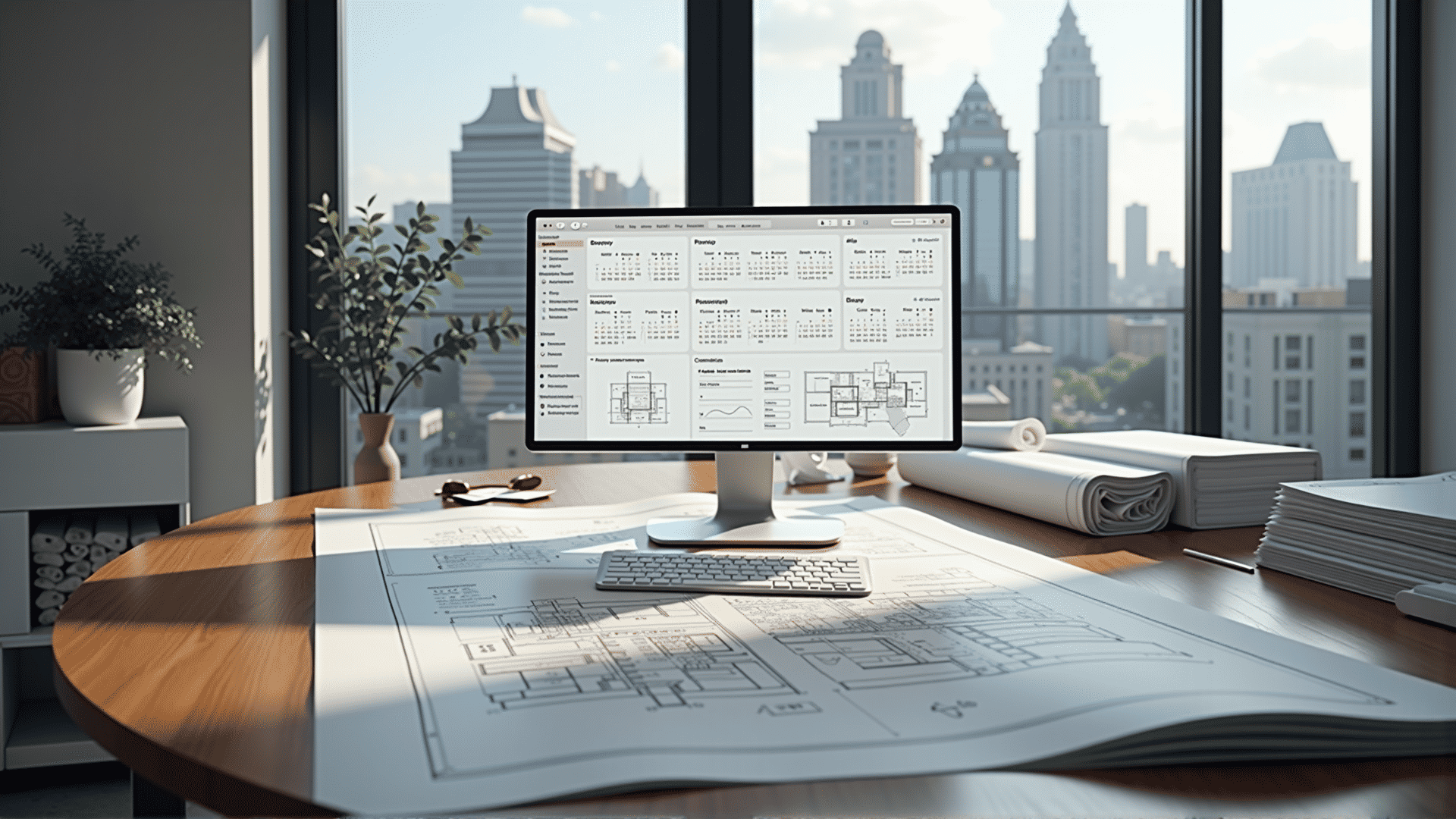Architecture firms are at the forefront of creating spaces that inspire, innovate, and enrich lives. However, behind the scenes, managing projects effectively requires a sophisticated system of organization and communication. The digital age has ushered in a host of innovations in booking systems that are redefining the standards for project management in the architectural field. These innovations not only streamline operations but also enhance collaboration, creativity, and client satisfaction.
One of the leading trends in booking systems is the integration of artificial intelligence (AI) and machine learning algorithms. These technologies have the potential to predict project timelines, allocate resources more efficiently, and identify potential bottlenecks before they become issues. For instance, AI-driven platforms can automatically schedule meetings based on participants' availability, optimizing time management and ensuring that everyone involved in a project remains in sync.
Cloud-based solutions have also revolutionized how architecture projects are managed. By hosting data and applications on the cloud, architecture firms can ensure that all stakeholders have real-time access to the latest project details, designs, and changes, regardless of their physical location. This global accessibility not only facilitates seamless communication but also allows firms to collaborate with international partners more effectively, broadening their scope and market reach.
Integration capabilities are another crucial innovation in modern booking systems. These systems are now designed to work harmoniously with other essential tools used by architects, such as CAD software, project management platforms, and financial systems. This seamless integration allows for a unified user experience, reducing the time spent on data entry and minimizing errors. For example, changes made in a project's design software can automatically trigger updates in the scheduling tool, ensuring all team members are working with the latest information.
Another noteworthy innovation is the immersive capability enabled by Virtual Reality (VR) and Augmented Reality (AR). Some booking systems are starting to incorporate these technologies, allowing architects and clients to visualize spaces and walkthrough proposed designs before they are built. This immersive experience can significantly reduce the back-and-forth typically required in the approval process, making it easier to spot potential issues early in the design stage.
Moreover, some firms are adopting blockchain technology to secure their booking systems. This secure, decentralized approach to data handling ensures that all transactions, changes, and updates in a project are transparent and immutable, enhancing trust and communication amongst all parties involved. Security becomes especially critical as architecture projects often involve sensitive data and high-stakes financial transactions.
User experience (UX) is also pivotal in new booking system designs. Modern systems prioritize a user-friendly interface that simplifies navigation and usability for all users, whether they're seasoned professionals or new trainees. Training time is reduced, and productivity increases when systems are intuitive and require minimal learning curve.
Client-centric features are becoming increasingly common as well, reflecting a shift toward greater transparency and client involvement. Systems that allow clients to track the progress of their projects in real time, comment on design revisions, or directly schedule meetings with architects provide a more collaborative experience and can enhance client satisfaction.
Finally, sustainability considerations are being woven into the fabric of booking systems, reflecting the architecture industry's commitment to environmentally responsible practices. Systems that track the environmental impact of project decisions, suggest eco-friendly materials, or calculate the carbon footprint of a project can help firms align with global sustainability goals.
In conclusion, the latest innovations in booking systems are not only transforming how architecture firms manage projects but are setting new standards for efficiency, collaboration, and client engagement. By leveraging advancements like AI, cloud computing, VR, and blockchain, architecture firms are better equipped to navigate the complexities of the modern built environment while delivering exceptional results to their clients. As the industry continues to evolve, these systems will undoubtedly play a key role in shaping the future of architecture and project management.
